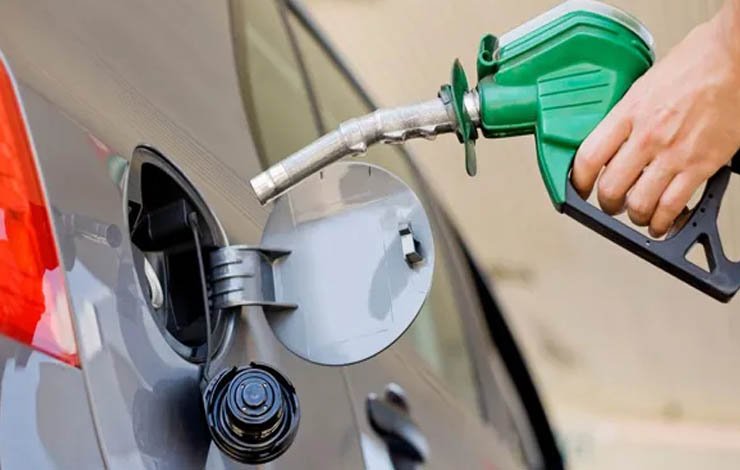A divided house of the Pakistan Petroleum Dealers Association (PPDA) on Tuesday announced a countrywide strike for July 5 to protest the imposition of 0.5 per cent advance turnover tax in the budget, although the government has conceded its mistake and assured withdrawal of the controversial tax.
As a precautionary measure, however, the government on Tuesday directed oil marketing companies (OMCs) to ensure the availability of sufficient stocks of petroleum products at company-owned or company-operated and other sites associated with the OMCs to avoid any disruption of the supply chain and inconvenience to the general public and industry in case of strike.
On Tuesday, two separate PPDA delegations — one led by Abdul Sami Khan from Karachi and another coordinated by Hassan Shah from Lahore — met Federal Board of Revenue (FBR) Chairman Amjed Zubair Tiwana.
Mr Tiwana assured both the PPDA teams that inclusion of petroleum dealers or operators of petrol pumps in the category of retailers envisaging application of 0.5pc advance turnover tax was by mistake and would be withdrawn within the next two days.
An official said Mr Tiwana agreed that it was double taxation as the outlets were already paying advance fixed withholding tax at Rs1.4 per litre (about 12pc of dealer commission) as final income tax and had been subjected to advance turnover tax now because of definitional issue of “dealers and distributors”. He also took up the matter with the finance minister and explained the situation and how it should be corrected.
The FBR chief also assured the delegations that until the issue was resolved, the government would ensure that OMCs issue invoices without the application of 0.5pc turnover tax. Both delegations, according to official sources, reciprocated the goodwill and assured the government’s team that they would wait for Mr Tiwana’s word to materialise for two days.
Separately, Petroleum Secretary Momin Agha met representatives of OMCs and clarified that the turnover tax had been imposed through the Finance Act 2024-25 passed by parliament and endorsed by the president of Pakistan. He noted that higher taxes applied to all, including the salaried class, and were not unique to petroleum dealers.
The petroleum ministry was advised that OMCs would not be able to keep their company-owned or operated sites stocked in major urban centres and rural areas, except Rawalpindi and Islamabad and a few areas in some other cities, in view of a limited number of such fuel stations, mostly belonging to state-run Pakistan State Oil (PSO) and Attock Petroleum.
The petroleum division directed the Oil and Gas Regulatory Authority (Ogra), and the heads of Oil Companies Advisory Council (OCAC), Oil Marketing Association of Pakistan (OMAP) and about 15 larger OMCs to not only keep their outlets sufficiently wet with backup supplies but also provide lists of such pumps that would remain operational.
Low margins, high inflation
Later, Abdul Sami Khan, the PPDA leader from Karachi, announced at a news conference that dealers across the country would go on strike on July 5 against the turnover tax, and pumps would be closed for business unless the government removed the tax.
He said the new turnover tax would strangle petroleum retailers as petrol pumps were already operating at very low and regulated margins and record inflation had made the retail business unviable.
He said he met the finance minister to brief him on the issue and the dealers were left with no option except to close their businesses because no business could operate at a loss. Mr Khan said that smuggling of petroleum products from Pakistan-Iran borders continued unabated but nobody was paying any heed to address the issue.
The PPDA’s Lahore-based group, which earlier distanced itself from its Karachi chapter, also supported the strike call. Hassan Shah confirmed that the FBR chief had assured them that the turnover tax would be removed, and it was now up to the government to find a way out.
He said the oil marketing companies had not yet issued tax-inclusive invoices in the first two days of the new fiscal year but had conveyed to retailers that unless abolished by law in eight to 10 days, they would have to immediately recover backlog for these days as well. If the tax was not abolished, the dealers would be left with no option but to close fuel stations, he said.

